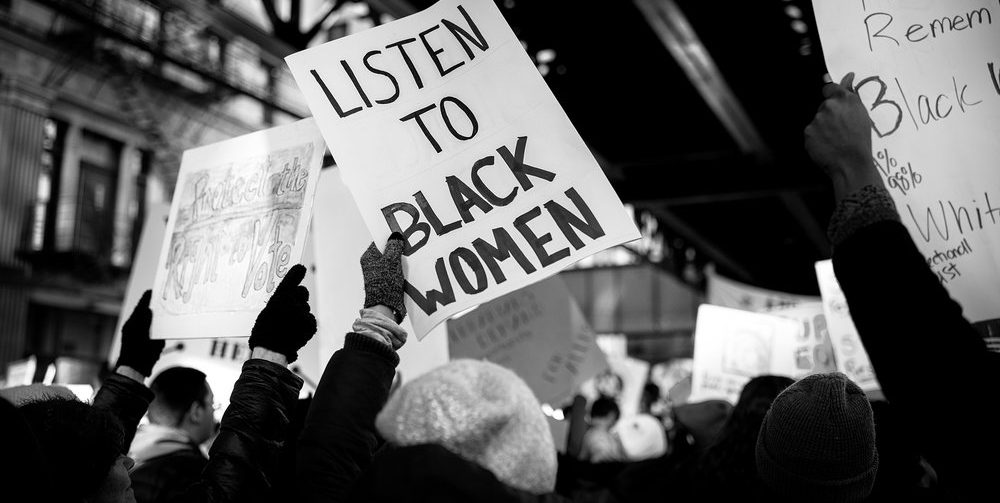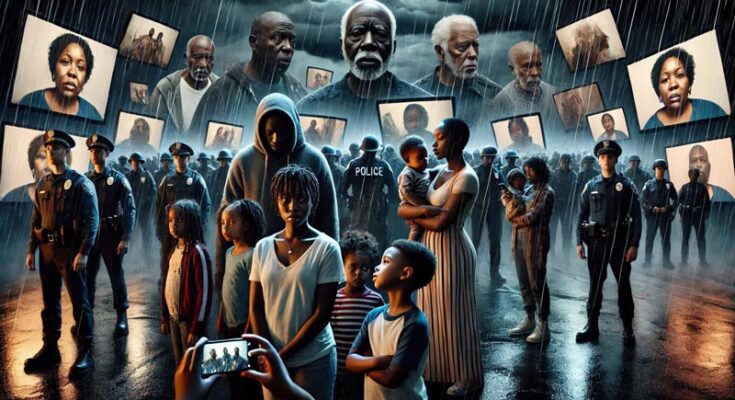The U.S. justice system, from its inception, has been steeped in the ideology of white supremacy. Its foundation, built during an era when Black people were considered property and less than human, continues to shape its functions today. From the dehumanization during slavery to the discriminatory practices of Jim Crow, these legacies persist in the disproportionate targeting, imprisonment, and killing of Black people by law enforcement and within the legal system.
One of the most egregious examples of this ongoing reality is the concept of “killability”—the notion that Black lives are expendable in the eyes of the law. Police officers are frequently absolved of responsibility when they kill Black people, protected by qualified immunity and a justice system that favors their actions, even when the force is excessive and unnecessary. The killings of George Floyd, Breonna Taylor, Michael Brown, Tamir Rice, and countless others are not isolated incidents but rather part of a systemic pattern. The media portrayal often criminalizes victims posthumously, justifying their deaths in the public eye and reinforcing the idea that Black bodies are inherently dangerous and disposable.
At the heart of this is a historical and cultural framework that devalues Black life. From slave patrols to modern-day police forces, the policing of Black bodies has always been about control and suppression rather than protection. The war on drugs, mass incarceration, and over-policing in Black communities further illustrate how deeply ingrained this devaluation is.
Until the U.S. justice system confronts its roots in slavery and white supremacy, Black people will remain vulnerable to state-sanctioned violence. True justice cannot be achieved without dismantling these structures, holding the system accountable, and fundamentally reshaping the institutions that perpetuate Black “killability.” A society that values all lives equally must recognize the urgency of reform and the demand for racial justice within its legal system. This is not a matter of reform alone—it’s about survival.





